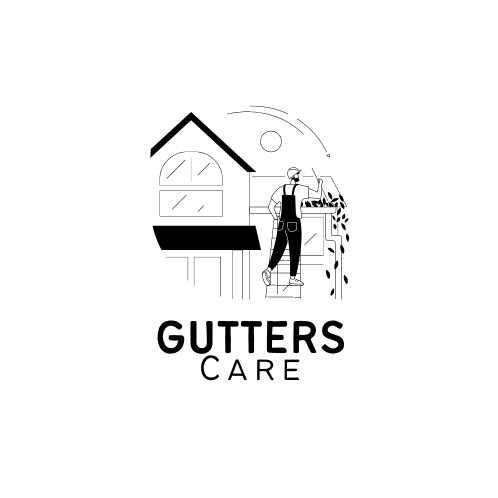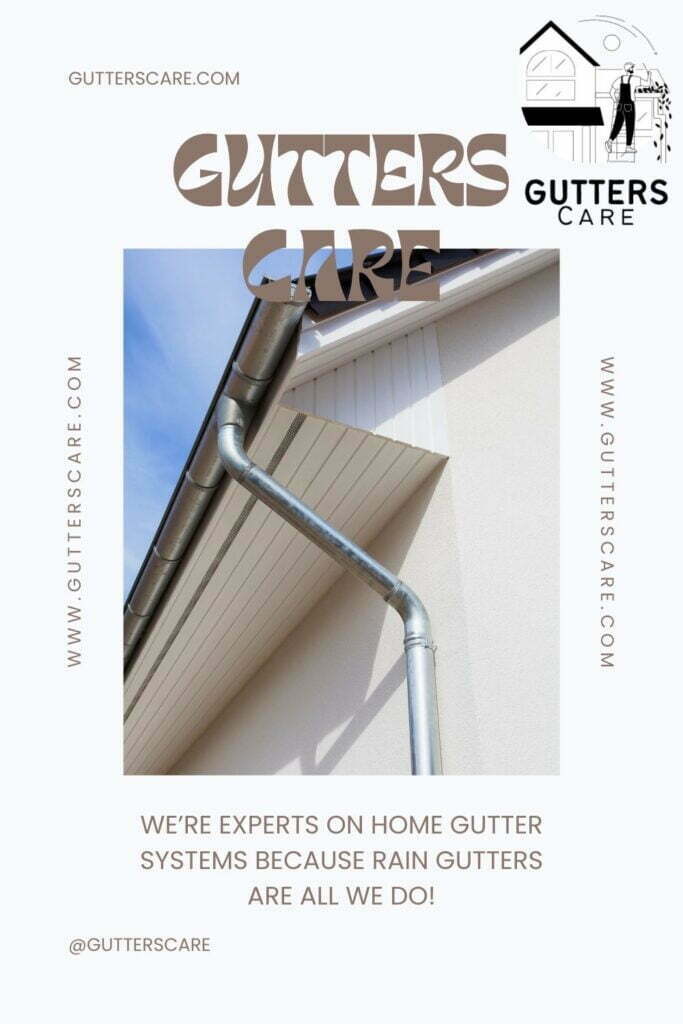Gutter Downspouts: Ultimate Guide to Choose, Install, and Maintain Them
Gutter downspouts are essential for directing rainwater away from your home and protecting it from water damage. This comprehensive guide covers everything you need to know about gutter downspouts, from choosing the right type and size to installing and maintaining them.
- Gutter Downspouts: A Comprehensive Guide
- Types of Gutter Downspouts
- Choosing the Right Size Gutter Downspouts
- Installing Gutter Downspouts
- Maintaining Gutter Downspouts
- Benefits of Gutter Guards
- Purchase Gutter Downspouts from Amazon
- Gutter Downspouts Are Essential to Home Gutter Systems
- Gutter Downspout Comparison Table
- Which Type of Gutter Downspout is Right for You?
- Gutter Downspout FAQ
Gutter Downspouts: A Comprehensive Guide
Gutter downspouts are vertical pipes that connect to gutters and carry rainwater away from your home. They are an essential part of any gutter system, as they help to protect your home from water damage.
Water damage can cause serious problems for your home, including the following:
- Foundation damage
- Basement flooding
- Erosion
- Mold growth
- Wood rot
By directing rainwater away from your home, gutter downspouts can help to prevent all of these problems.
Types of Gutter Downspouts
There are two main types of gutter downspouts: round and square. Round downspouts are the most common type, and they are available in a variety of materials, including aluminum, vinyl, and copper. Square downspouts are less common, but they are often used on commercial and industrial buildings.
Choosing the Right Size Gutter Downspouts
The size of the gutter downspouts you need will depend on the size of your roof and the amount of rainfall you typically receive.
For most homes, a 3-inch downspout is sufficient. However, if you have a large roof or live in an area with heavy rainfall, you may need to use 4-inch downspouts.
Installing Gutter Downspouts
Installing gutter downspouts is a relatively straightforward process. However, it is important to follow the manufacturer’s instructions carefully to ensure that the downspouts are installed correctly.
Materials Required to Install Gutter Downspouts
To install gutter downspouts, you will need the following materials:
- Gutter downspouts
- Downspout elbows
- Downspout straps
- Screws
- Caulk
Steps for Installing Gutter Downspouts
The following are the steps for Installing Gutter Downspouts:
- Mark the location of the downspouts on the wall of your home. Make sure that the downspouts are evenly spaced and that they are at least 10 feet away from the foundation of your home.
- Cut the downspouts to length using a hacksaw.
- Attach the downspouts to the gutters using downspout elbows.
- Secure the downspouts to the wall using downspout straps and screws.
- Caulk around the downspouts to seal any gaps.
Maintaining Gutter Downspouts
Gutter downspouts should be cleaned and inspected regularly to ensure that they are free of debris and damage. Clogged downspouts can overflow, which can lead to water damage to your home.
To clean your gutter downspouts, simply flush them with water from a garden hose. You can also use a downspout brush to remove any stubborn debris.
Inspect your gutter downspouts for damage regularly. If you notice any cracks, leaks, or rust, replace the damaged downspout immediately.
Benefits of Gutter Guards
Gutter guards can help to protect your gutter downspouts from clogs and debris. Gutter guards are available in a variety of materials, including mesh, foam, and brush.
Mesh gutter guards are the most common type of gutter guard. They are made of a fine mesh that allows water to flow through but blocks out leaves and other debris.
Foam gutter guards are another popular type of gutter guard. They are made of a porous foam that absorbs rainwater and allows it to slowly flow into the gutter downspouts.
Brush gutter guards are the least common type of gutter guard. They are made of a series of bristles that deflect leaves and other debris away from the gutters.
Purchase Gutter Downspouts from Amazon
If you are looking for a way to protect your gutter downspouts from clogs and debris, consider purchasing gutter guards from Amazon.
Amazon offers a wide variety of gutter guards to choose from, so you can find the perfect ones for your home.
Gutter Downspouts Are Essential to Home Gutter Systems
Gutter downspouts are an essential part of any gutter system. By directing rainwater away from your home, gutter downspouts can help to protect your home from water damage.
If you are looking for a way to protect your gutter downspouts from clogs and debris, consider purchasing gutter guards from Amazon.
Gutter Downspout Comparison Table
| Type | Material | Pros | Cons |
|---|---|---|---|
| Round | Aluminum | Lightweight, affordable, and easy to install | Not as durable as copper or steel |
| Round | Vinyl | Lightweight, affordable, and low-maintenance | Not as durable as aluminum, copper, or steel |
| Round | Copper | Durable, attractive, and resistant to corrosion | Expensive and can be difficult to install |
| Round | Steel | Durable and affordable | Can rust and can be difficult to install |
| Square | Aluminum | Lightweight, durable, and easy to install | Not as common as round downspouts |
| Square | Vinyl | Lightweight, durable, and low-maintenance | Not as common as round downspouts |
| Square | Copper | Durable, attractive, and resistant to corrosion | Expensive and can be difficult to install |
| Square | Steel | Durable and affordable | Can rust and can be difficult to install |
Which Type of Gutter Downspout is Right for You?
The best type of gutter downspout for you will depend on your budget, climate, and personal preferences. If you are on a tight budget, aluminum or vinyl downspouts are a good option.
If you are looking for a durable downspout that will last for many years, copper or steel downspouts are a good choice. If you live in a climate with heavy rainfall, you may want to consider using square downspouts, as they can handle more water than round downspouts.
No matter which type of gutter downspout you choose, it is important to install them correctly and maintain them regularly.
Gutter Downspout FAQ
You should clean your gutter downspouts at least twice a year, in the spring and fall. This will help to remove any debris that has accumulated in the downspouts and prevent clogs.
The signs of a clogged gutter downspout include:
1. Water overflowing from the gutters
2. Water dripping from the downspouts
3. Water pooling around the foundation of your home
4. Mold or mildew growth on the gutters or downspouts
To clean a clogged gutter downspout, you can use a downspout brush to remove any debris. You can also flush the downspout with water from a garden hose. If the clog is severe, you may need to call a professional gutter cleaner.
There are a few things you can do to prevent your gutter downspouts from clogging:
– Install gutter guards to keep leaves and other debris out of the gutters.
– Clean your gutters regularly.
– Trim any trees or shrubs that overhang your gutters.
If your gutter downspout is damaged, you should replace it immediately. Damaged downspouts can leak and cause water damage to your home.
You should inspect your gutter downspouts regularly for signs of damage. Look for any cracks, leaks, or rust. If you notice any damage, replace the downspout immediately.
Yes, you can install gutter downspouts yourself. However, it is important to follow the manufacturer’s instructions carefully to ensure that the downspouts are installed correctly.
The cost of installing gutter downspouts will vary depending on the type of downspouts you choose, the size of your home, and the complexity of the installation. However, you can expect to pay between $50 and $200 per downspout.
It is not necessary to hire a professional to install gutter downspouts. However, if you are not comfortable installing the downspouts yourself, or if your home has a complex gutter system, you may want to hire a professional gutter installer.













